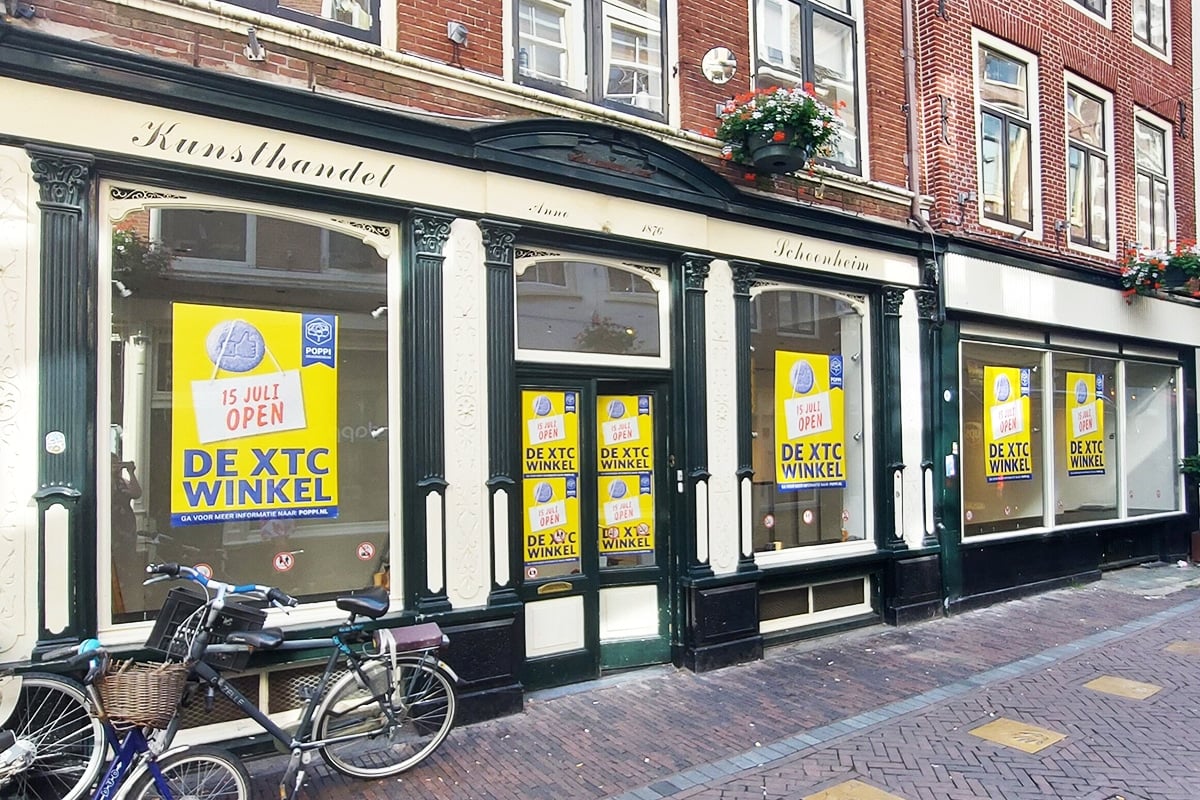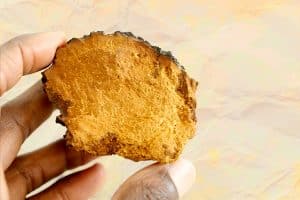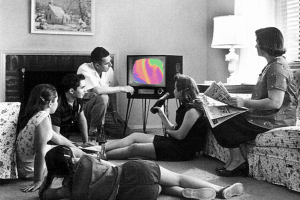When a Dutch government minister visited a model MDMA storefront in Utrecht, Holland, he took the ecstasy legalization debate to a fresh high.
Health minister Ernst Kuipers – whose D66 party, which is part of the ruling coalition, supports an examination of the legal alternatives to drug prohibition – was pictured perusing the literature in the world’s first model for the sale of recreational MDMA: a mock storefront called XTC.
The model shop was established by Poppi, an enterprise working to set-up a drug museum, and the Mainline foundation, a harm reduction organization. But, this pop-up doesn’t actually sell anything. Rather, it seeks to generate debate over which of three models represents the best way to regulate MDMA: a low threshold nightclub retail model, a more regulated pharmacy-esque model, or a smart shop model somewhere between the two.
“It is a theme that is alive among young people,” Kuipers reportedly said. “It is good to learn more.”
Steve Rolles, senior policy analyst at Transform Drug Policy Foundation and author of How To Regulate Stimulants, visited the shop in Holland, where MDMA is illegal but sales of lower-harm drugs such as cannabis and a number of psychedelics are famously tolerated, when it opened.
Read: MDMA: What Is Molly?
“The candy store and nightclub models, while eye-catching and Instagram-worthy, primarily serve to demonstrate the risks of poor regulation, with people inevitably gravitating towards the obviously more sensible pharmacy model,” he said. “Conventional commercial retailing is entirely inappropriate for a model that seeks to achieve functional availability without active promotion, guided by public health and harm reduction principles, rather than maximization of sales and profits.”
Amsterdam’s municipal coalition government supports a pilot on regulated sales of MDMA. A significant proportion of illegal MDMA production occurs in the Netherlands, spawning an array of problems from providing organized crime with a mouth-watering bounty to fight over, to environmental damage from the dumping of chemical waste. Violence has been spiraling recently and there are warnings from senior law enforcement figures that the county risks becoming a narco-state.
Read: Why the MDMA Comedown Feels So Bad
“MDMA is on the radar because the Netherlands is such a big producer of this drug and it causes a lot of crime and environmental damage,” Machteld Busz, Poppi co-founder and director of the Mainline foundation, told the Guardian. “We have a big group of users and the health risks are there. But they are less serious than alcohol, cocaine or heroin, for example.
“We have a debate about whether we should regulate ecstasy or not and this shop leads the discussion towards how we would do it and have a setting to encourage people to think about what that would look like. We want to figure out what would be an acceptable model for the general public if we would take that policy decision in the Netherlands.”
How to Grow Shrooms Bundle
Take Both of Our Courses and Save $90!
The pharmacy model would see ecstasy pills sold without any marketing material to purchasers who would fill out a digital questionnaire in which each question is accompanied by a short educational video outlining the risks associated with the use of MDMA, and how to reduce harm. A bespoke amount of the dance-friendly drug would then be dispensed in accordance with the responses to the quiz: 60mg, 120mg, or 180mg pills.

DoubleBlind is a trusted resource for news, evidence-based education, and reporting on psychedelics. We work with leading medical professionals, scientific researchers, journalists, mycologists, indigenous stewards, and cultural pioneers. Read about our editorial policy and fact-checking process here.

DoubleBlind Magazine does not encourage or condone any illegal activities, including but not limited to the use of illegal substances. We do not provide mental health, clinical, or medical services. We are not a substitute for medical, psychological, or psychiatric diagnosis, treatment, or advice. If you are in a crisis or if you or any other person may be in danger or experiencing a mental health emergency, immediately call 911 or your local emergency resources. If you are considering suicide, please call 988 to connect with the National Suicide Prevention Lifeline.



